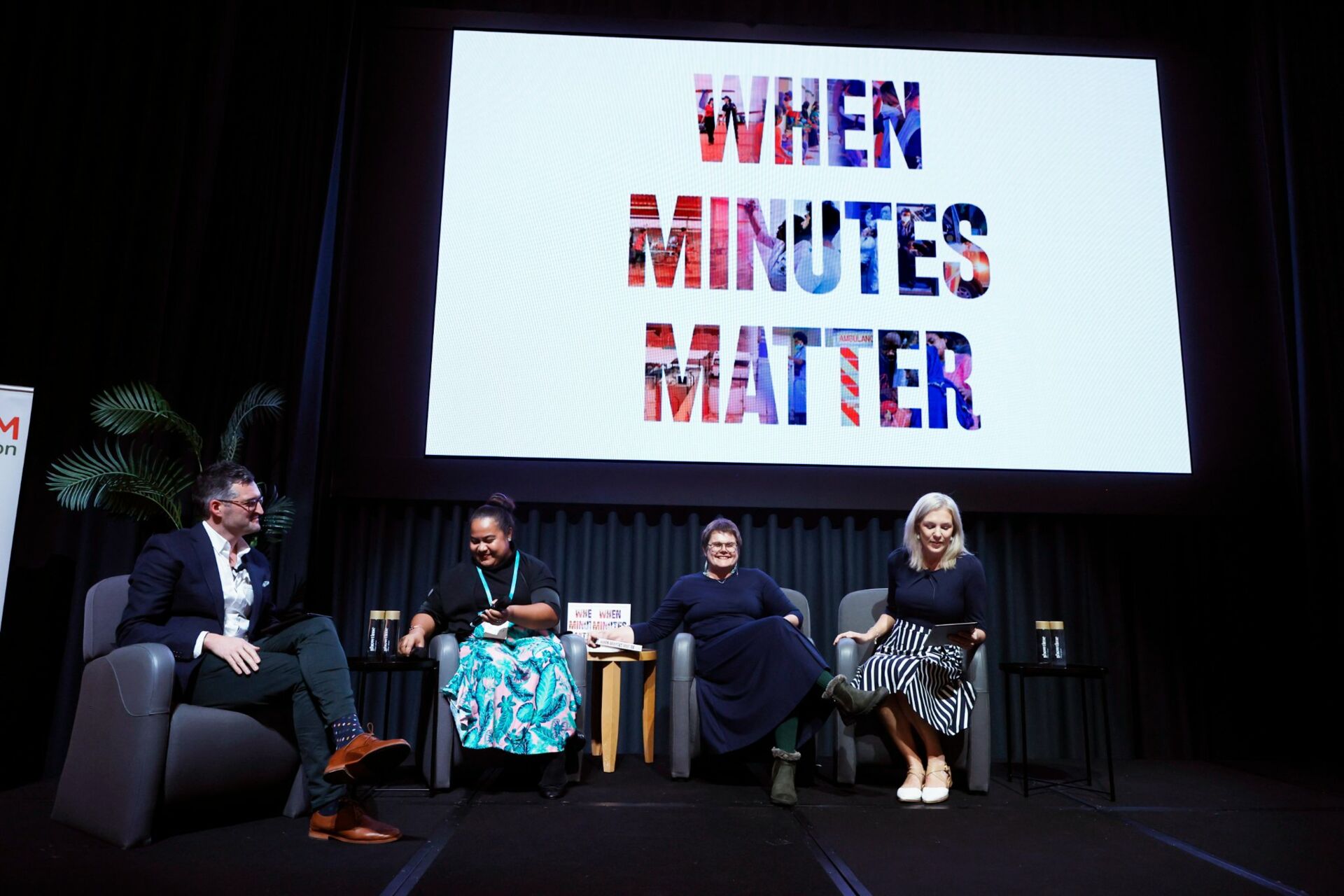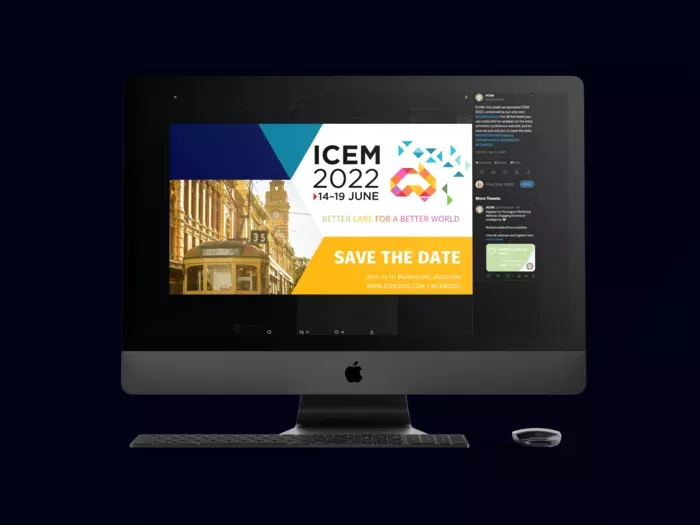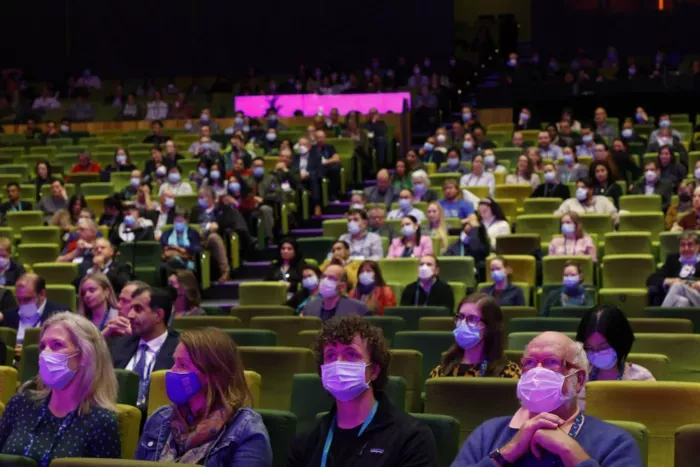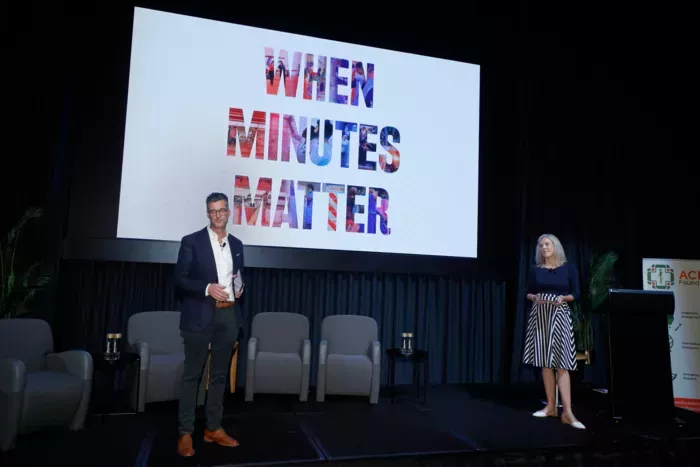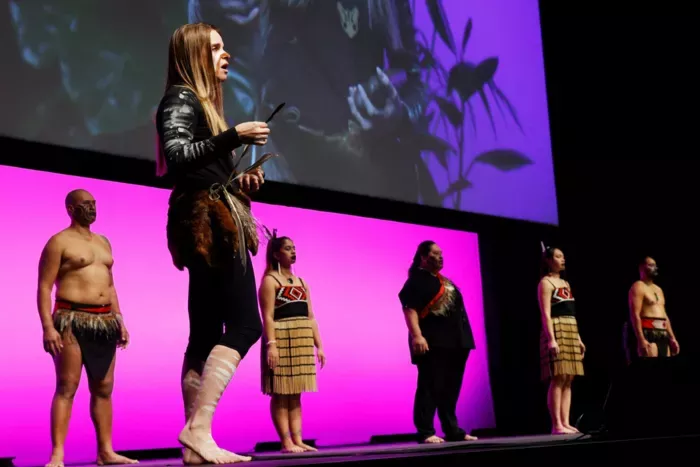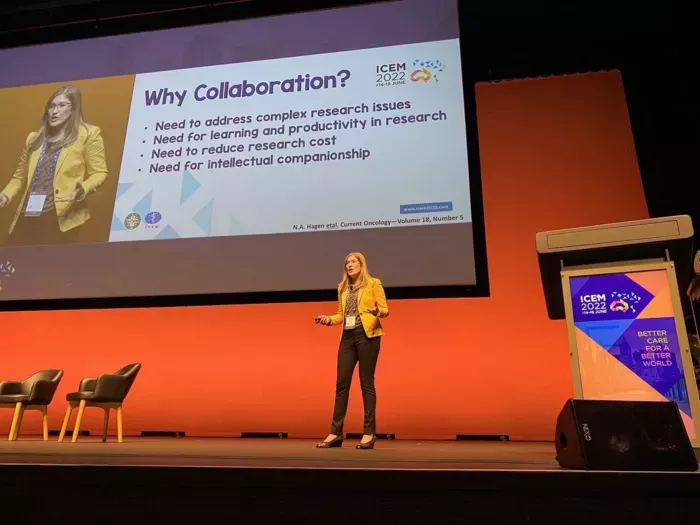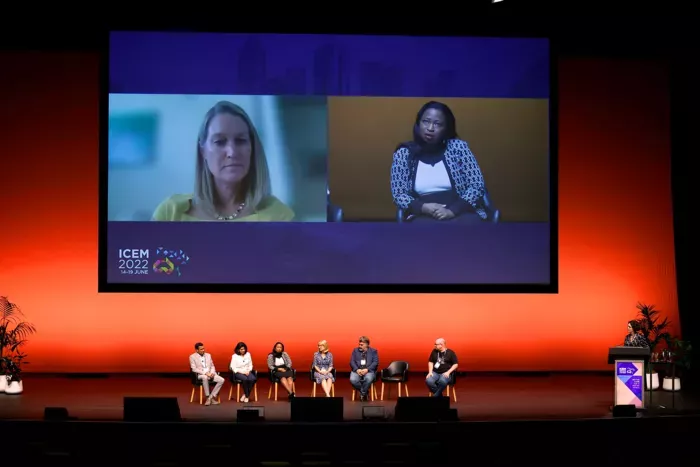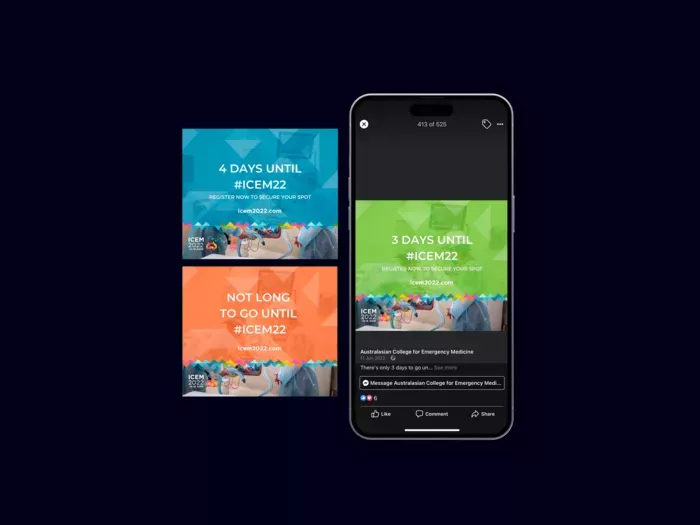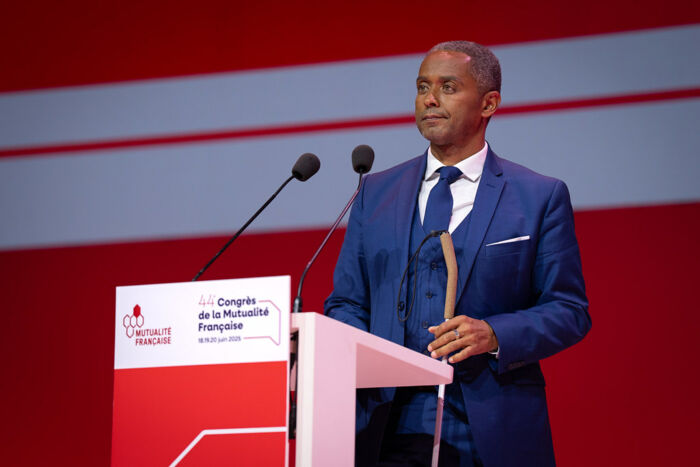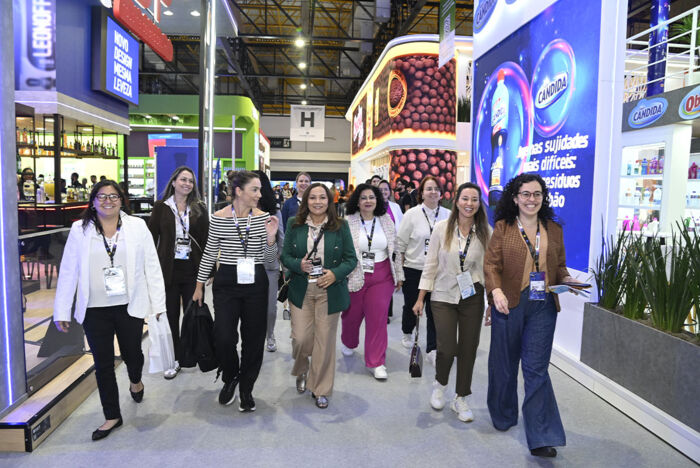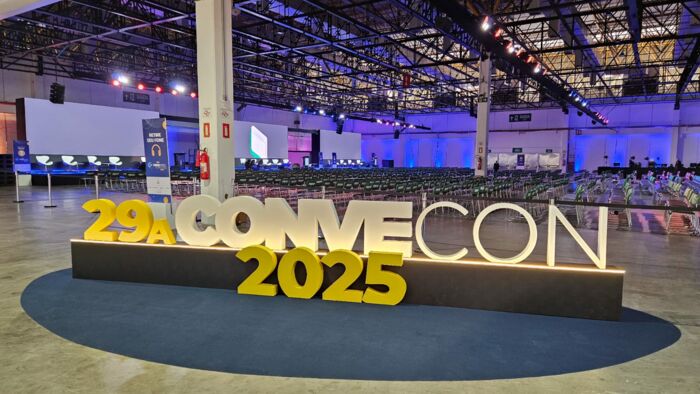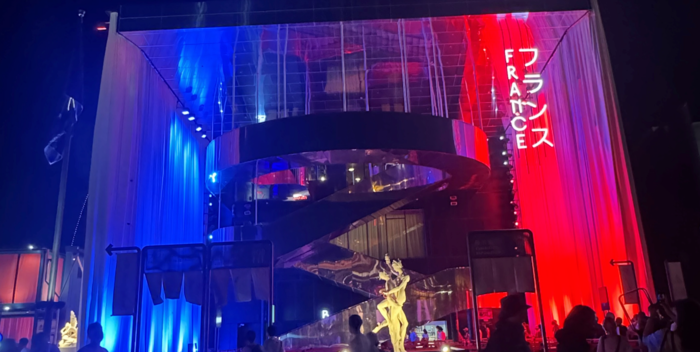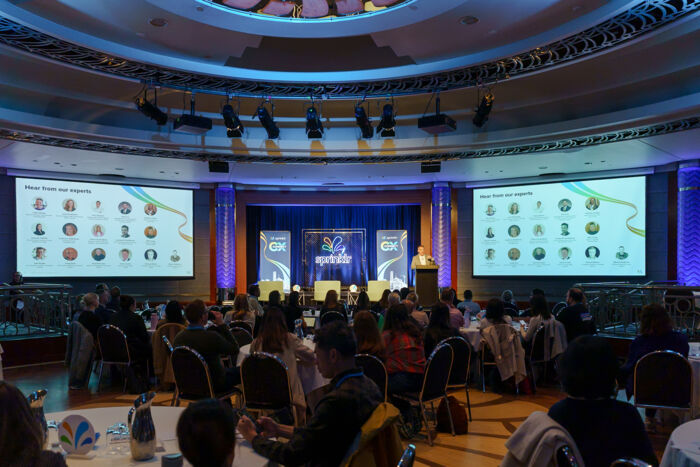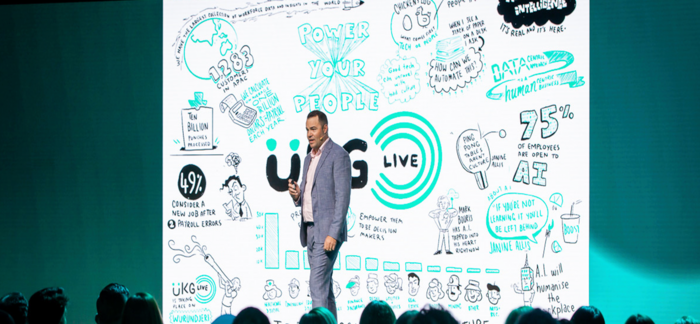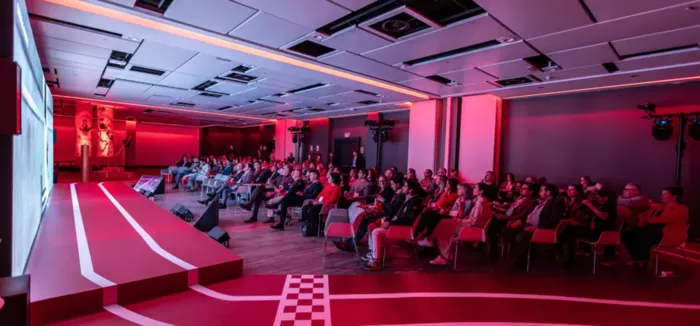THE CHALLENGE
Balancing impact, inclusivity and financial viability
In June 2022, the 21st International Conference on Emergency Medicine was hosted by the Australasian College of Emergency Medicine (ACEM) at the Melbourne Convention and Exhibition Centre (MCEC). It was the culmination of two years’ strategy, preparation and collaboration between the local organising committee (LOC) and MCI Australia.
This event is the peak annual global emergency medicine conference, gathering emergency physicians and emergency care stakeholders from diverse backgrounds and health systems around the world to share, network, and learn from world-class speakers.
MCI Australia was asked to establish a programme that would emphasise equity, social justice, and sustainability. A memorable and creative social programme that encapsulated the Australasian identity of ACEM was also required. Live-streaming and recording of sessions was an important objective for the accessibility and longevity of the conference content.
The goal was to attract a minimum of 2,000 participants, and funding was essential to its success; hence, securing sponsorship and exhibition revenue was a prerequisite. It was also imperative that the budget delivered a breakeven result, ensuring zero financial loss.
Critical challenges included producing over 40 versions of the budget with multiple scenarios, a limiting cash flow stemming from immense market hesitation across the initial 9 month registration campaign, and a last minute influx of over 1,400 registrations in the final weeks prior to the conference. Meeting these and associated challenges required significant effort from all stakeholders. More than 30% of the MCI Australia team invested time and energy in developing bespoke and innovative solutions, whilst working in consultation with ACEM’s in-house team of three.
THE SOLUTION
Hybrid solutions for a safe, scalable event
MCI Australia worked with the MCEC to expand the venue footprint and redesign room set ups to meet increased capacity requirements. We also worked with all suppliers to identify resourcing challenges and developed strategies to supplement these with a greater investment in external contracts. Onsite and daily briefings took place to address challenges that arose each day and contingency plans were made for the days that were to follow.
Given that participation was almost equal parts virtual and in-person, the 1,059 presentations and 689 speakers were delivered in a hybrid format. ICEM 2022 was also the first time that the community was able to experience their Global Marketplace in a hybrid format. By design, this session engaged small hub-style conversations around hot industry topics for both in-person and virtual attendees.
ACEM worked tirelessly to curate a highly engaging and educational program that made it worthwhile for emergency care professionals. As this would take leading emergency physicians away from their hospitals, ACEM and the LOC engaged major hospitals to analyse the needs of doctors and the staffing requirements of their ERs; which led to the introduction of day registrations. This enabled hospitals to send multiple team members over the course of the conference without jeopardising the health and safety of patients and their staff.
Due consideration was given to the public perception of hosting an in-person event for “front-line” workers and the risk that this would place on the already strained healthcare workers. As such, masks were readily available throughout all venues along with sanitising stations. No photos, press releases or imagery was posted to major public platforms to protect the community from public scrutiny.
A thorough COVID plan was put in place that outlined venue capacity, catering service and cleaning and hygiene practices that were to be upheld..
Strategic insights
The planning and delivery of ICEM 2022 was built upon MCI Australia’s Event Design© framework. This involved several workshops that informed the development of critical planning documents that provided a clear division of roles whilst also articulating the key deliverables that would ensure the success of the event. This highly sophisticated documentation catalogue included a core requirements handbook, critical time-path, charter of roles and responsibilities, an 800+ line-item budget, and a highly detailed risk analysis.
Given the turbulent time throughout the 2021-2022 planning period, the above documents were revisited on several occasions at quarterly strategy meetings and provided much-needed direction through some of the more challenging periods. By far, the most critical component of the project plan included a very bespoke Risk and Virtual Timeline.
This document clearly identified the timeline around possible cancellation scenarios and the financial impacts and costs that would be incurred at various milestones. It included in-depth evaluation of the costs that would be incurred for the likes of hotels, social function venues, government funding and PCO management fees; and the dates in which these would escalate to the next tier of cancellation fees.
This level of detail informed all parties as to critical dates in the planning process and when key decisions needed to be made surrounding the viability of the event and the format in which it could be delivered. There were a series of “Go or No-Go” discussions that were scheduled between MCI, ACEM and the LOC to ensure all parties were comfortable and confident that the event could proceed and with its objectives at the core of its delivery.
Financial management
The initial congress budget was developed to include “wish-list” items. These were defined as being nice-to-have but not critical to the achievement of conference objectives. Examples of such expenses included elaborate staging design and production as well as specific entertainment at social functions.
Quarterly strategy meetings included a discussion as to financial projections of the conference based on the trends and activity at the time. It was mutually agreed that the investment should be made in the elements critical to the success of the event. This included redirecting funds from “nice to have” items to marketing efforts, content delivery and venue requirements, further identifying areas for financial savings to ensure a break-even result.
With the success of the final marketing push and influx of registrations just prior to the event, there was a collective effort to re-introduce some of the wish list items when nominated financial thresholds had been achieved. This was successful for the investment in staging, production and design elements of the conference.
THE RESULTS
Setting new standards in emergency medicine conferences
In every sense of the word, the 2022 International Conference on Emergency Medicine was considered a resounding success. In fact, post event delegate surveys indicated that almost 90% of respondents found the conference to be of value, supported by almost 87% being satisfied with the virtual component of the event.
The sophistication and robust strategy and planning frameworks ensured that the objectives that were set at the outset were achieved.
Every one of the objectives outlined at the beginning of this case study was achieved or surpassed.
The 2023 International Conference on Emergency Medicine was awarded to MCI Amsterdam. MCI Australia was awarded ACEM's local conferences for 2024 and 2025.
Testimonials
“The College is incredibly proud of the achievements and outcomes that were delivered as a result of ICEM. This included a total of 1,935 registrations, 689 speakers from 61 countries, 436 presentations, 238 E-posters and over 470,000 minutes of online viewing. We were also to deliver a program that demonstrated both gender and ethnic equity for the first time in the history of ICEM”
– Cassandra Pizziol, Events and Conferences Manager, ACEM
“I wanted to express my sincere gratitude to the MCI team who have worked incredibly well together in the last 15 months since we engaged them to deliver our International Conference on Emergency Medicine. Our Project Manager Chrissy is always professional, well prepared, and open to all feedback and suggestions. Our Account Director Cindy-Lee has always been available for check in, discussions, problem solving and providing alternative solutions to the operations team when they needed a fresh set of eyes, and for this I am extremely appreciative.”
– Rebecca Thompson, Events Manager, ACEM
Discover how MCI can help you attract the right audience and generate engagement. Contact us today.
